A Looming Crisis
The world is facing a climate emergency. Despite increasing awareness and pledges, global greenhouse gas emissions continue to rise at an alarming rate. The latest report from the United Nations Environment Programme (UNEP) paints a stark picture: if current trends persist, we are on track for a catastrophic temperature increase exceeding 5.5 degrees Fahrenheit (3.1 degrees Celsius) by the end of the century. This far surpasses the 1.5-degree Celsius target set by the Paris Agreement, a critical threshold for averting the most devastating consequences of climate change.
The Urgency of the Situation
The consequences of inaction are dire. Exceeding the 1.5-degree Celsius limit will lead to more frequent and intense heatwaves, storms, and droughts. Rising sea levels will inundate coastal cities, displacing millions and causing irreversible damage to critical infrastructure. Ocean acidification and warming will decimate coral reefs and marine ecosystems, disrupting food chains and livelihoods. The impacts will be felt globally, with vulnerable communities and developing nations bearing the brunt of the crisis.
A Glimmer of Hope
While the situation is critical, it is not hopeless. The UNEP report emphasizes that limiting warming to 1.5 degrees Celsius is still technically feasible. However, this requires immediate and drastic action. To achieve this goal, global emissions must be slashed by 42% from 2019 levels by 2030. This necessitates a complete transformation of our energy systems, transportation networks, and land use practices.
Key Findings from the UNEP Report
Record-high emissions: Global greenhouse gas emissions reached a new peak in 2023, driven by increased energy demand across various sectors, including aviation, data centers, and air conditioning.
Insufficient progress: Most countries are not on track to meet their current emissions reduction pledges. Even if these pledges are fulfilled, emissions will only decrease by 10% by 2030, far short of the required 42% reduction.
Urgent need for ambition: The report stresses the importance of countries significantly increasing their emissions reduction targets at the upcoming COP29 summit and beyond.
Renewable energy is key: To keep the 1.5-degree Celsius goal alive, nearly 60% of global electricity generation must come from renewable sources by 2030, a fourfold increase from current levels.
The role of nature: Reducing deforestation and restoring degraded lands can play a crucial role in sequestering carbon dioxide and mitigating climate change.
Cost-effective solutions: Many of the strategies for rapid emissions reduction are economically viable, especially when considering the immense costs associated with climate-related disasters.
A Call to Action
The UNEP report serves as a wake-up call for world leaders, businesses, and individuals. The time for incremental change is over. We need bold, transformative action to avert the worst impacts of climate change. This includes:
Strengthening national commitments: Countries must significantly increase their emissions reduction targets and implement policies to achieve them.
Accelerating the transition to renewable energy: Investing in renewable energy infrastructure, phasing out fossil fuel subsidies, and promoting energy efficiency are crucial steps.
Protecting and restoring nature: Conserving forests, restoring degraded lands, and promoting sustainable agriculture can help sequester carbon and enhance resilience to climate change.
Promoting sustainable lifestyles: Individuals can contribute by reducing their carbon footprint through changes in consumption habits, transportation choices, and energy use.
The Path Forward
The challenges ahead are immense, but the stakes are too high to fail. The world stands at a crossroads. We can choose to continue down the path of inaction, leading to irreversible damage and suffering. Or we can choose the path of ambition and collaboration, forging a sustainable future for all. The choice is ours.
Additional Considerations
The role of technology: Technological innovation can play a critical role in developing and deploying clean energy solutions, improving energy efficiency, and reducing emissions from various sectors.
Climate justice: The impacts of climate change are not evenly distributed, with vulnerable communities and developing nations disproportionately affected. Addressing climate change requires a commitment to equity and justice, ensuring that the costs and benefits are shared fairly.
International cooperation: Climate change is a global challenge that requires international cooperation and collaboration. The Paris Agreement provides a framework for collective action, but its success depends on the commitment and ambition of all nations.
Conclusion
The latest UNEP report underscores the urgent need for action on climate change. The world is not on track to meet the goals of the Paris Agreement, and the consequences of inaction are dire. However, it is still technically possible to limit warming to 1.5 degrees Celsius, but this requires immediate and drastic action. We must embrace the challenge and work together to create a sustainable future for all.

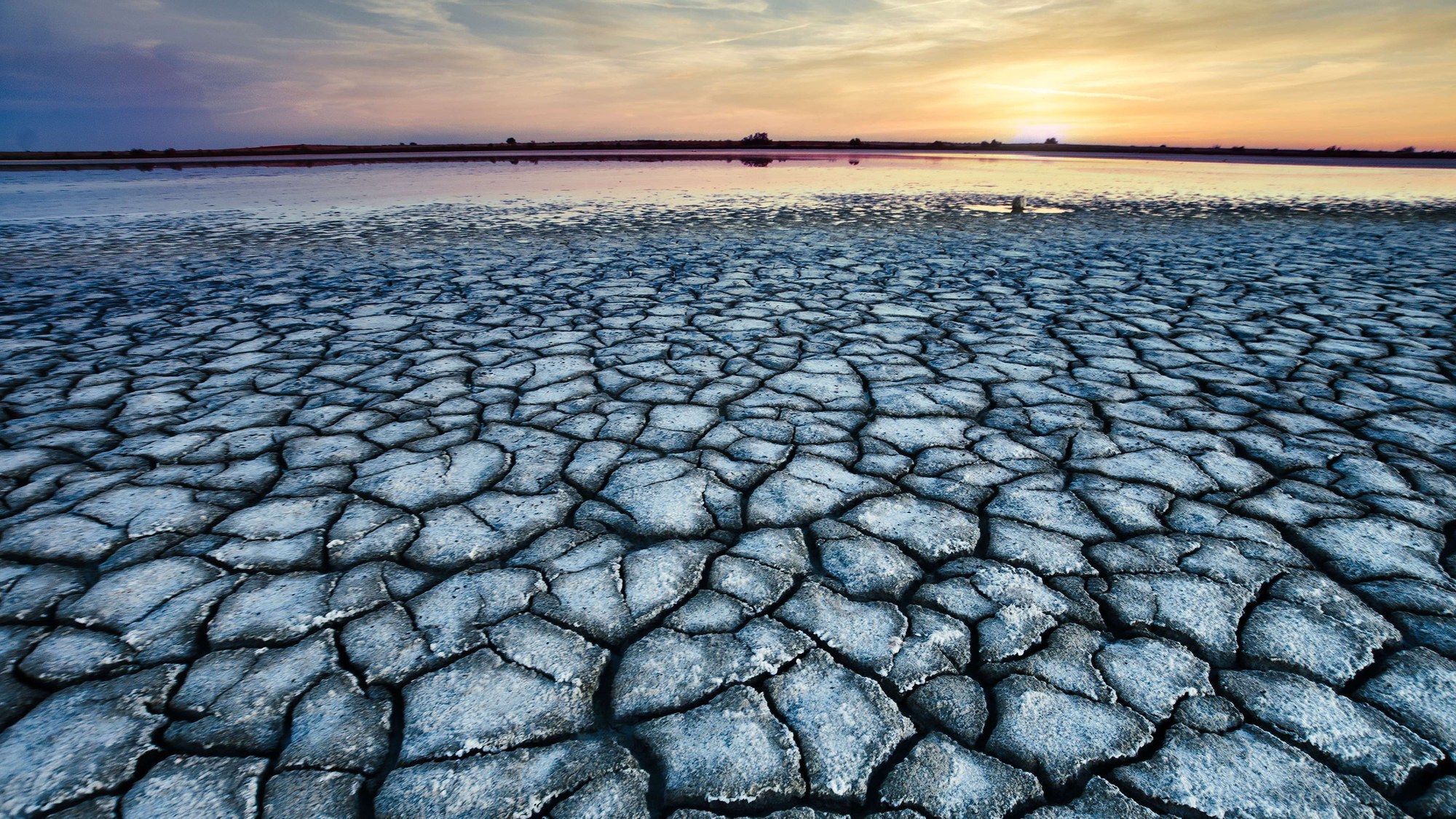

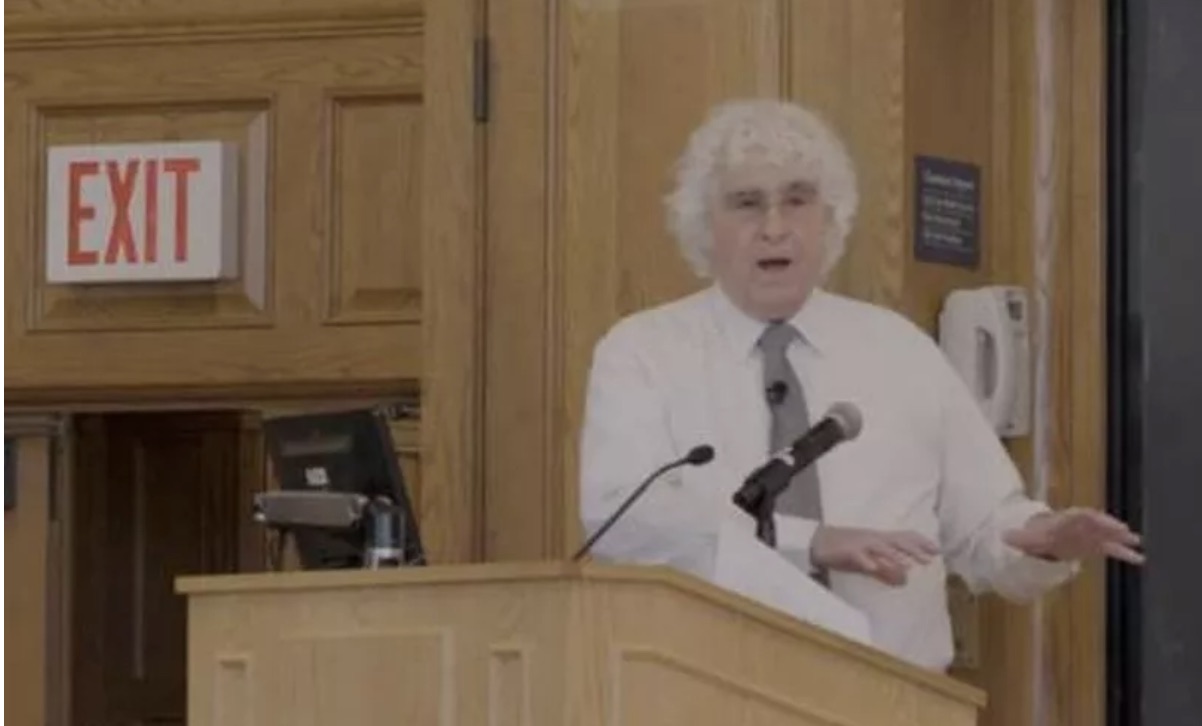



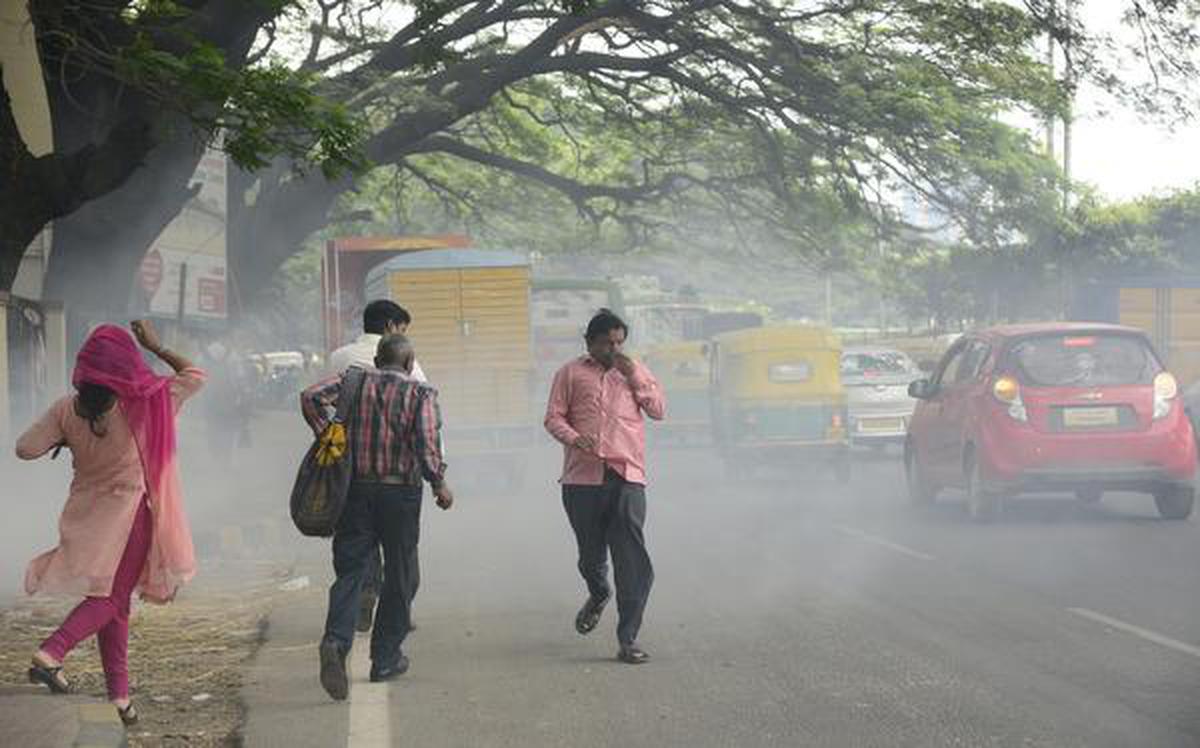
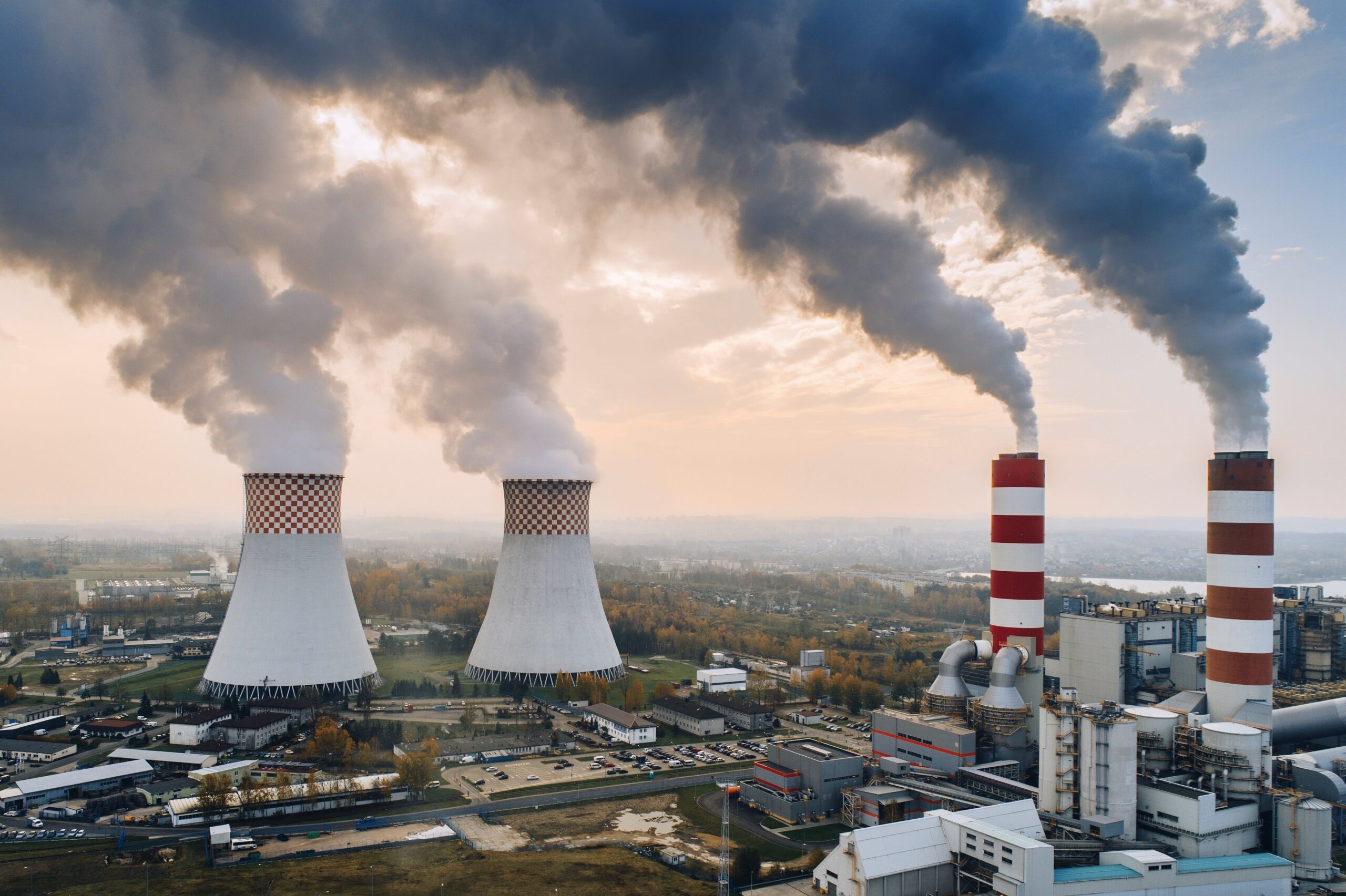

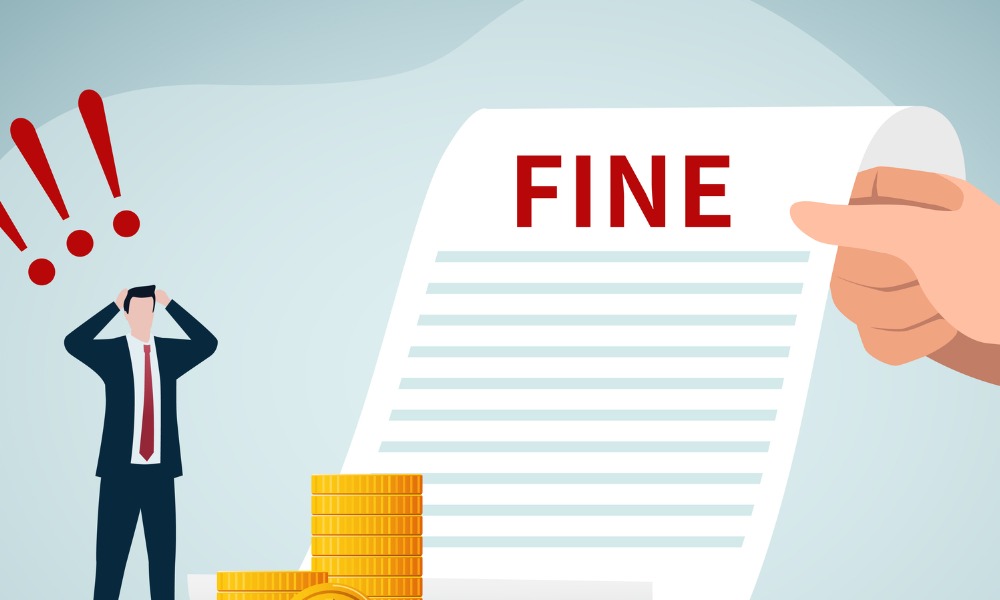


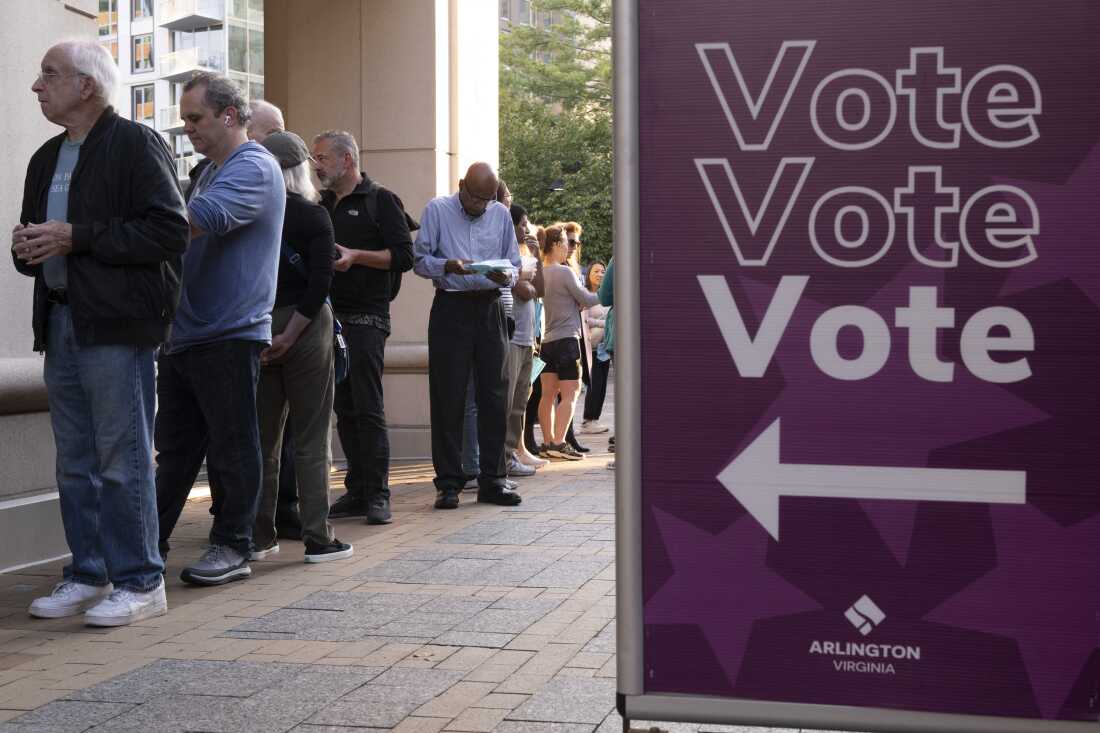





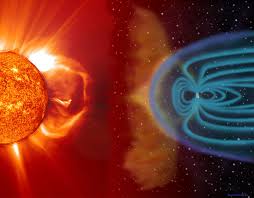






0 Comments